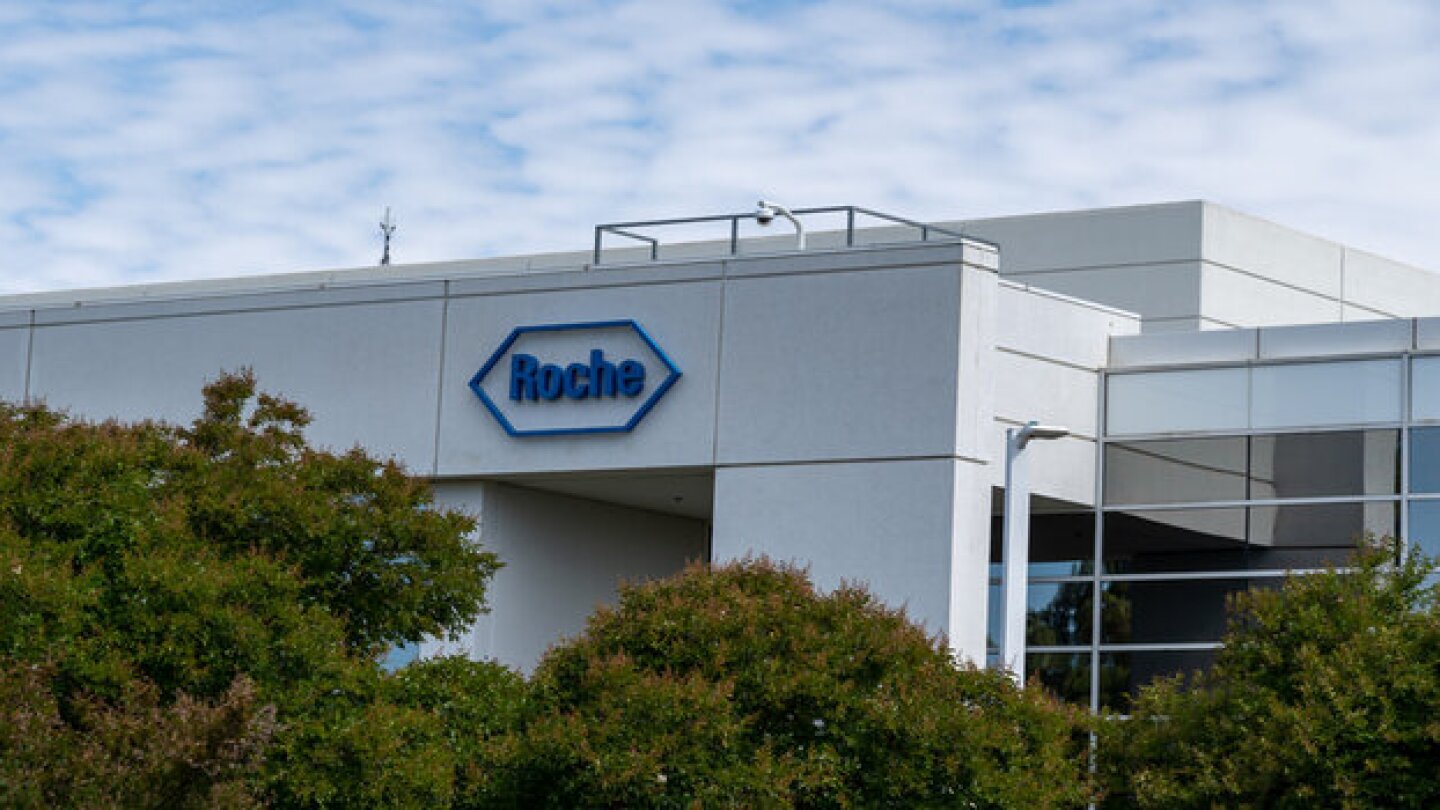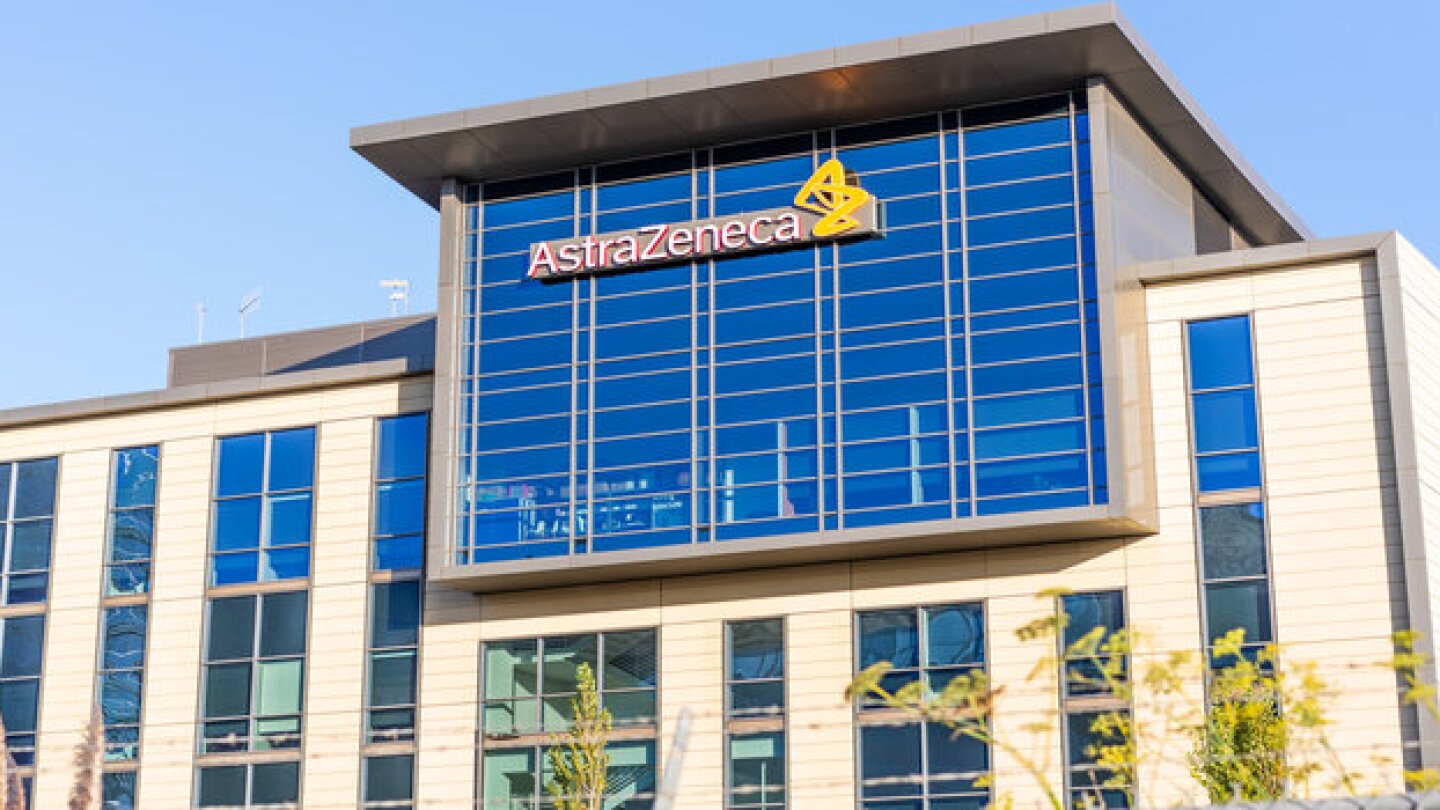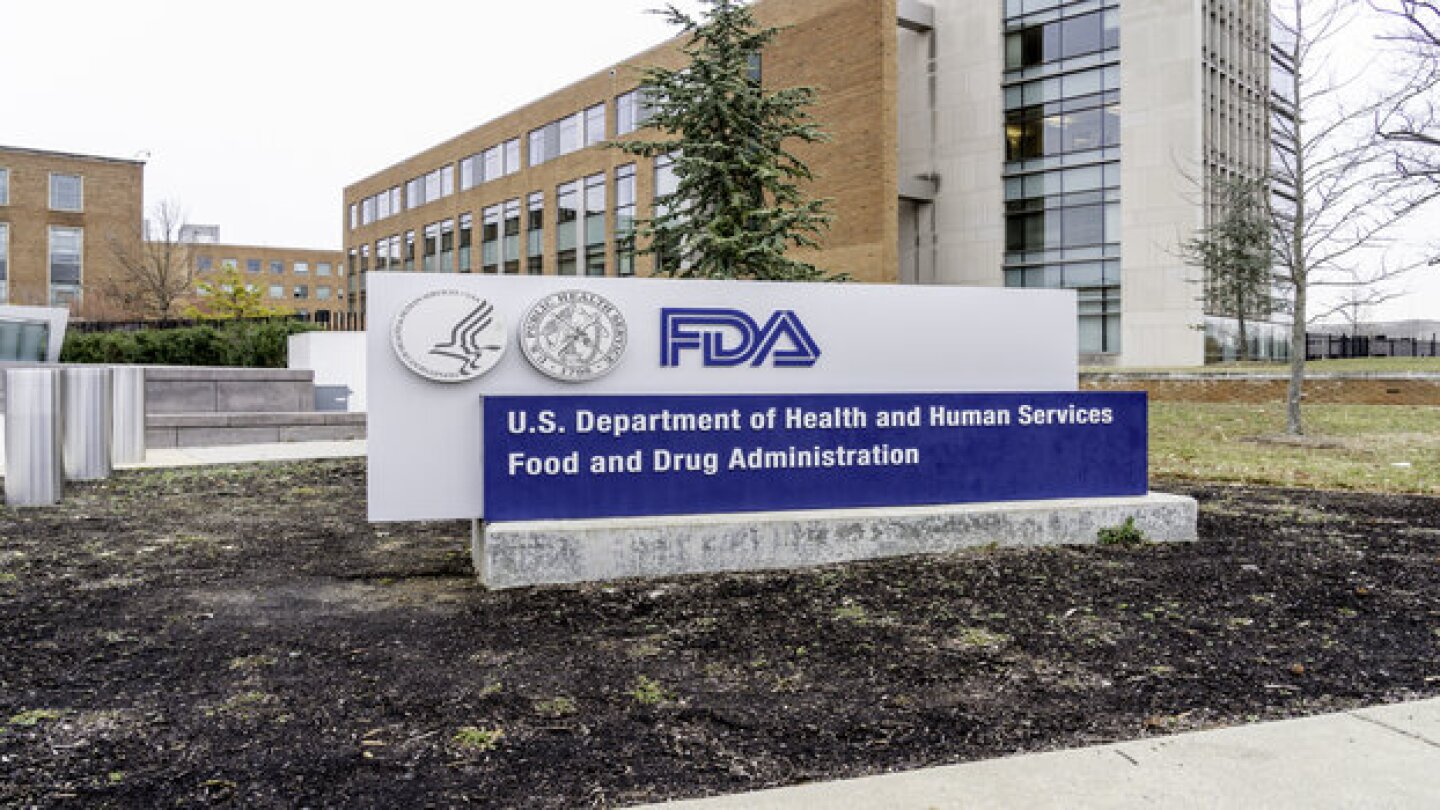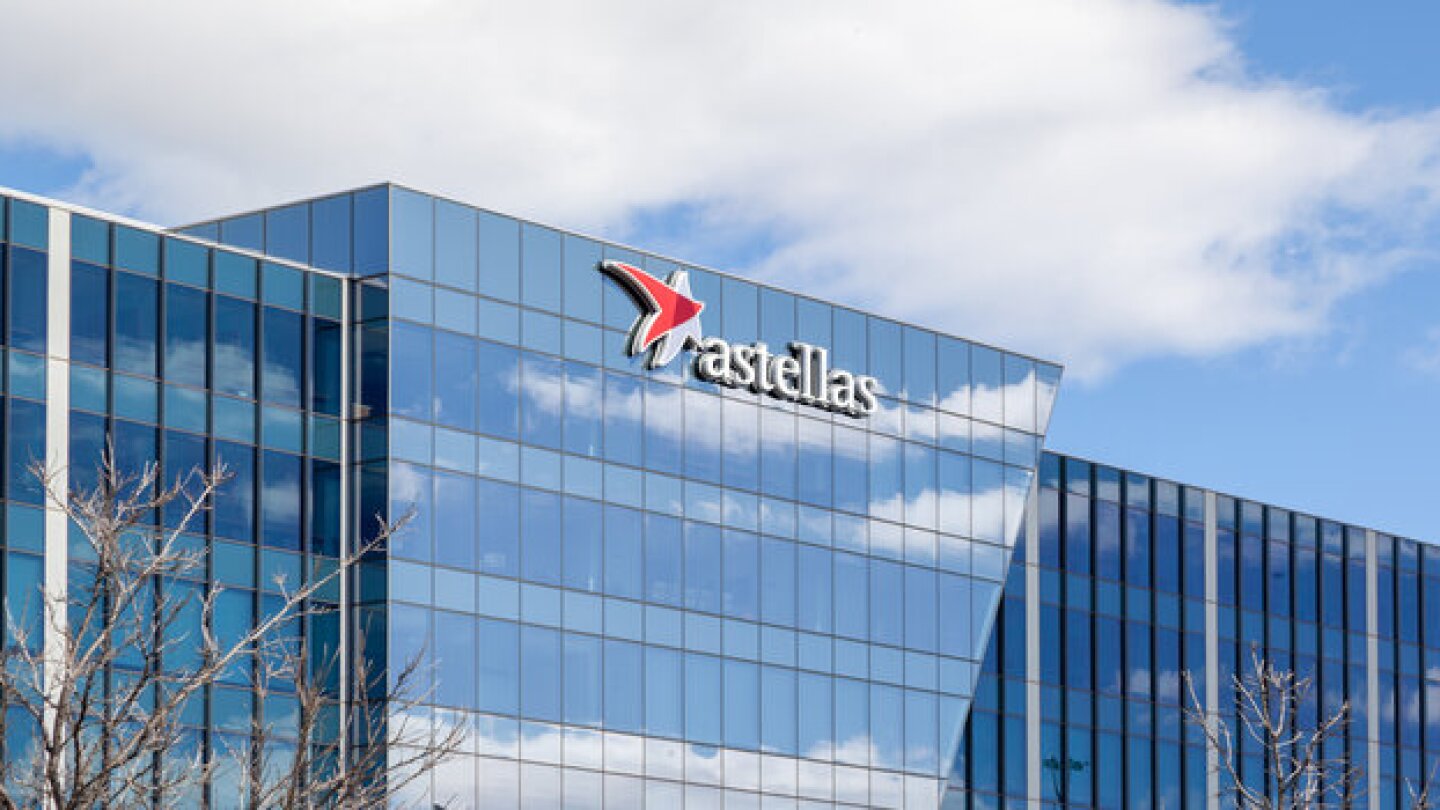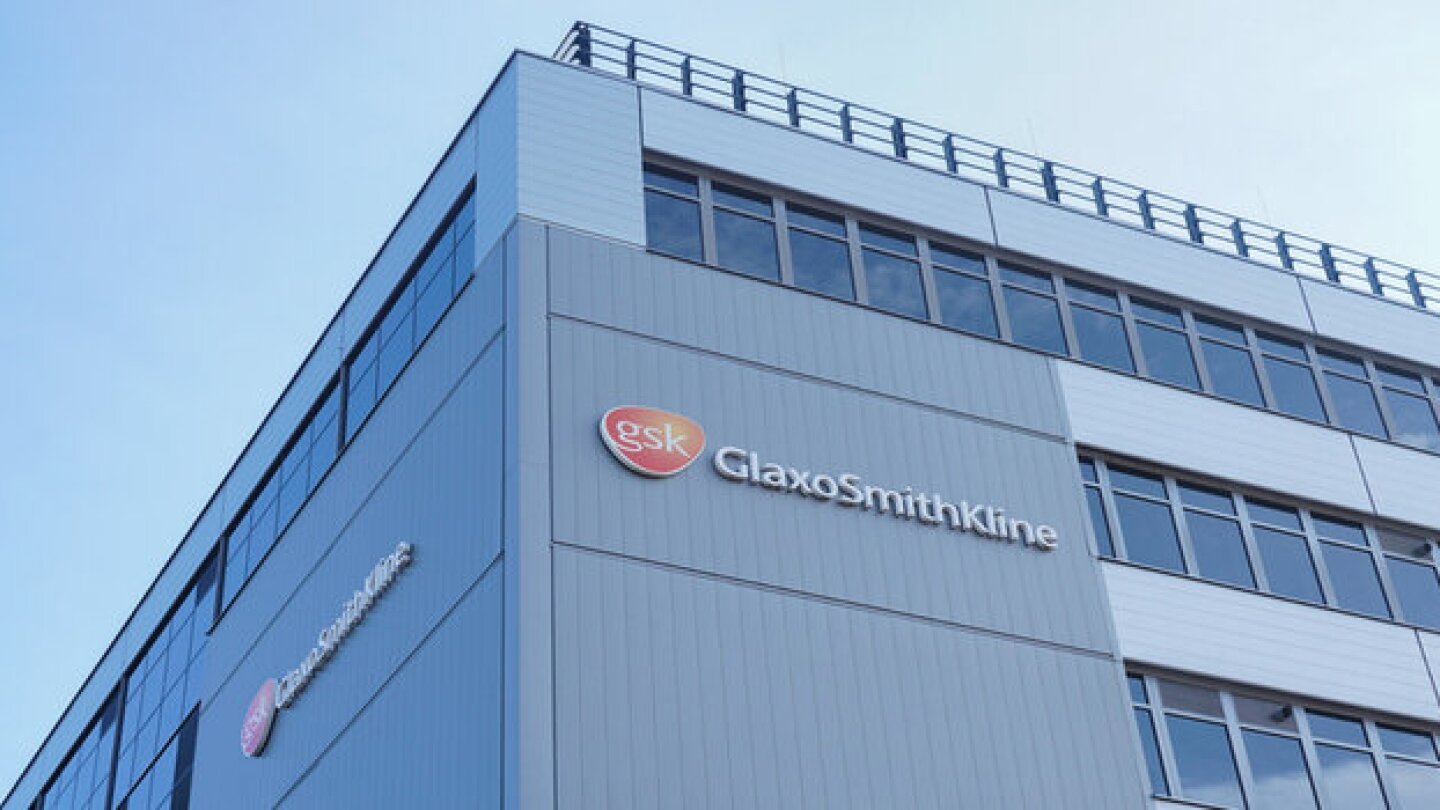Phase III
In two late-stage trials, the experimental oral drug evobrutinib was unable to significantly reduce annualized relapse rates in MS patients compared with Sanofi’s Aubagio tablets.
A combination of Roche’s investigational treatment with Ibrance and fulvestrant met its primary endpoint of progression-free survival in the first-line setting in treating PIK3CA-mutated breast cancer.
Citing slow enrollment and low clinical rates, the late-stage “evidence trials” are being discontinued. AstraZeneca said there are no safety concerns and no impact on Lokelma’s current approved indication.
This week, the FDA could approve the first CRISPR-edited therapy in the U.S., while two other companies await decisions on topical drugs.
The company is hoping the topline results for Veozah, which won FDA approval in May, will support health technology assessments for reimbursement negotiations in Europe.
The Dutch biotech’s stock dropped about 10% Tuesday morning after the company reported that its injectable Vyvgart Hytrulo missed the primary and secondary endpoints in an immune thrombocytopenia study.
The biotech blames contract research organization Fortrea for incorrectly coding the dosing sequence in a psoriatic arthritis trial, which it contends resulted in some patients being given the wrong treatments.
New data show the biologic significantly reduced exacerbations in chronic obstructive pulmonary disease, confirming positive results from an earlier trial.
A year after exiting the U.S. market, GSK is setting the stage for the antibody-drug conjugate’s possible return in relapsed/refractory multiple myeloma.
The biopharma company remains committed to its investigational BET inhibitor pelabresib after it failed to meet one of two key endpoints.
PRESS RELEASES


